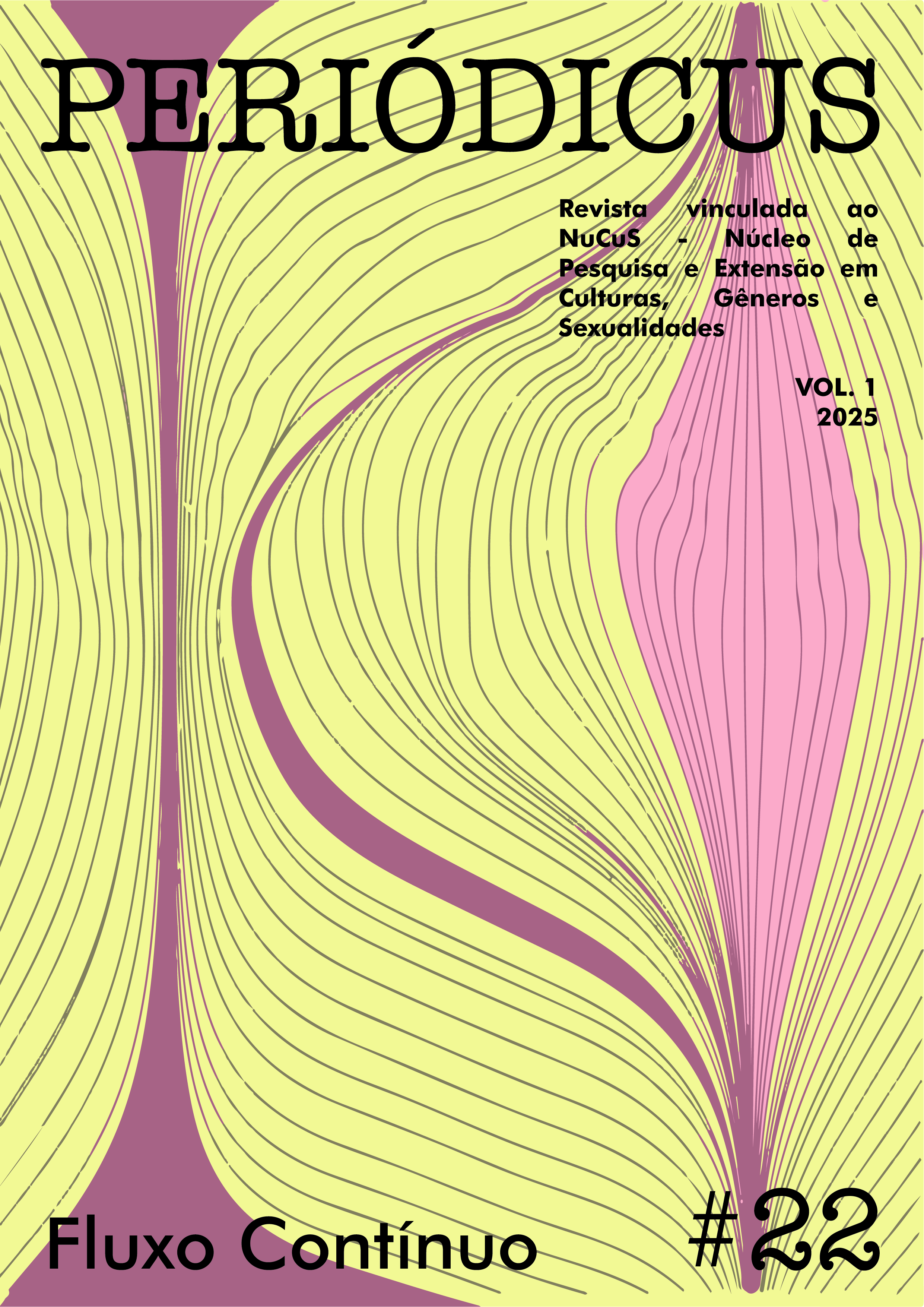Stun the norm, interpellate the norm, terrify the norm
towards other ways of capturing and dismantling whiteness as a normative power from the field of language
DOI:
https://doi.org/10.9771/peri.v1i22.61672Abstract
“Linguistic injury appears to be the effect not only of the words by which one is addressed but the mode of address itself, a mode—a disposition or conventional bearing—that interpellates and constitutes a subject” is what Judith Butler (1997) says. In other words, the insult, the linguistic injury, however hateful and vile it may be, is capable of constituting the subject in the field of language through interpellation contradicting their own intention of killing the deviant subjects. Often the insult creates deviant subjects with the voices vibrations, with the injurious callings. Now, if the meaning of everything that is said can only be conceived because there are pauses marking the durations and the discursive rhythm, then would it be in the silences Where found is the true meaning of things? The whiteness while a power’s institution has privileges place in the Society too many times because of her neutrality in the discourse or her invisibility in the official narratives, then would it be in the silence that she is hidden? What happens when interpelate we the silence and the invisible subjects?
Downloads
Downloads
Published
How to Cite
Issue
Section
License
Copyright (c) 2025 Sanara Rocha

This work is licensed under a Creative Commons Attribution-NonCommercial 4.0 International License.
Authors who publish in this journal agree to the following terms:
Authors retain copyright and grant the journal the right of first publication, with the work simultaneously licensed under a Creative Commons Attribution Noncommercial License that allows the work to be shared with acknowledgment of authorship and initial publication in this journal, but prohibits commercial use.
Authors are authorized to enter into separate additional contracts for non-exclusive distribution of the version of the work published in this journal (e.g., publishing in an institutional repository or as a book chapter), with acknowledgment of authorship and initial publication in this journal.
Authors are permitted and encouraged to publish and distribute their work online (e.g., in institutional repositories or on their personal website) at any point before or during the editorial process, as this can generate productive changes and increase the impact and citation of the published work (see The Effect of Open Access).








